Rigid Boxes vs. Folding Cartons: Which is Better?
In today’s competitive market, product packaging plays a pivotal role in branding, product protection, and enhancing customer experience. Among popular packaging choices, rigid boxes and folding cartons stand out as two leading options. Each offers distinct benefits, yet one may be more suited to your product depending on your needs. In this comprehensive comparison, we’ll dive into the characteristics of both packaging types to help you determine the best fit for your business.
Whether you’re packaging luxury items, delicate electronics, or consumer goods, choosing between rigid boxes and folding cartons can have a significant impact. At TheBoxCrafting, we understand that businesses seek custom packaging solutions that align with both their brand image and functional requirements. Let’s take a closer look to help you make the right choice for your packaging needs.
Section 1: Understanding Rigid Boxes
What Are Rigid Boxes?
Rigid boxes are known for their sturdy construction and are often associated with luxury products. They are made from thick, high-quality cardboard material that offers a solid feel, which can elevate a product’s perceived value. Rigid boxes typically do not fold flat, adding an element of structural strength and durability.
Key Features of Rigid Boxes:
- Sturdy and Durable: Rigid boxes maintain their shape, offering excellent protection for high-end or fragile products.
- Premium Look and Feel: They’re often used for luxury items because of their aesthetic appeal.
- Enhanced Customization: From finishes to inserts, rigid boxes offer extensive customization options.
When to Use Rigid Boxes
Rigid boxes are ideal for high-value or luxury items such as custom luxury candle boxes, jewelry, or electronics. The added strength and design possibilities allow brands to make a lasting impression, which is why rigid boxes are common in premium packaging.
Section 2: Understanding Folding Cartons
What Are Folding Cartons?
Folding cartons are made from thinner, foldable cardboard. They’re typically shipped flat and are assembled as needed, making them a cost-effective and versatile option for various products. Folding cartons are commonly used for everyday retail items such as cosmetics, food products, and pharmaceuticals.
Key Features of Folding Cartons:
- Lightweight and Compact: They can be stored flat, reducing transportation and storage costs.
- Cost-Effective: Folding cartons are generally more affordable due to their efficient manufacturing and storage process.
- Eco-Friendly Options: Many folding cartons are made from recyclable materials, supporting sustainable packaging solutions.
When to Use Folding Cartons
Folding cartons work well for products that do not require the same level of protection or premium presentation as rigid boxes. For example, folding cartons are often used for food packaging, cosmetics, and other retail products where the focus is on practicality and cost-efficiency.
Section 3: Comparing Rigid Boxes and Folding Cartons
1. Durability and Protection
Rigid Boxes: Due to their sturdy construction, rigid boxes offer superior protection. This makes them ideal for fragile or luxury items that need extra care during transit and storage.
Folding Cartons: While folding cartons are lightweight, they provide less protection than rigid boxes. They work best for products that aren’t highly fragile or don’t need premium packaging.
2. Visual Appeal and Branding
Rigid Boxes: Rigid boxes provide a high-end look that’s unmatched. Their structure allows for various finishes, such as matte or gloss, and they can accommodate embossing, foiling, and more, enhancing the product’s brand image.
Folding Cartons: Folding cartons are highly customizable but are generally seen as more casual packaging. Although they allow for branding with print and colors, they lack the premium feel of rigid boxes.
3. Cost-Effectiveness
Rigid Boxes: Due to the materials and manufacturing process, rigid boxes are typically more expensive. However, their premium look often justifies the investment, especially for luxury products.
Folding Cartons: Folding cartons are more budget-friendly, both in terms of production and shipping. They’re an excellent choice for companies looking to balance quality and cost.
4. Storage and Shipping
Rigid Boxes: Rigid boxes do not fold flat, making them bulkier and more costly to store and ship.
Folding Cartons: Folding cartons ship flat, saving storage space and reducing shipping costs. They are the preferred choice for businesses aiming to optimize logistics.
Section 4: Practical Applications for Rigid Boxes and Folding Cartons
- Luxury Items: Rigid boxes work best for items like custom luxury candle boxes, watches, and electronics.
- Retail Products: Folding cartons are popular in retail settings for items such as cosmetics, pharmaceuticals, and food packaging.
Section 5: Environmental Impact and Sustainability
At TheBoxCrafting, we emphasize sustainable solutions by offering eco-friendly packaging options for both rigid boxes and folding cartons. Choosing sustainable materials can reduce the environmental impact of packaging and enhance brand reputation.
Eco-Friendly Options for Rigid Boxes
Many rigid boxes are made from recycled materials or sustainably sourced cardboard, making them a viable option for eco-conscious brands.
Eco-Friendly Options for Folding Cartons
Folding cartons are often made from recyclable and biodegradable materials, which helps minimize waste. This can be an ideal choice for businesses looking to offer environmentally friendly packaging.
Section 6: Choosing the Right Packaging for Your Brand
To determine whether rigid boxes or folding cartons are best for your brand, consider the following:
- Product Type: For luxury or fragile items, rigid boxes offer the durability and presentation value needed. For everyday retail items, folding cartons provide practicality and affordability.
- Budget: Rigid boxes are more of an investment, while folding cartons are budget-friendly and ideal for mass production.
- Brand Image: If your brand emphasizes luxury and premium quality, rigid boxes will help you communicate that effectively.
FAQs
1. What are rigid boxes made of?
Rigid boxes are constructed from thick, durable cardboard, typically four times the thickness of folding carton material. This gives them a high-quality, solid structure ideal for luxury packaging.
2. Can folding cartons be used for luxury items?
While folding cartons can be customized to look attractive, they are generally not perceived as high-end as rigid boxes. However, they can still be suitable for mid-range products with appropriate design enhancements.
3. Are rigid boxes more eco-friendly than folding cartons?
Both can be eco-friendly if made from sustainable materials. Folding cartons tend to have a smaller carbon footprint due to their lightweight, compact nature, which reduces shipping emissions.
4. Which is more affordable: rigid boxes or folding cartons?
Folding cartons are generally more cost-effective, as they are lightweight, require less material, and ship flat.
5. Do rigid boxes offer better protection than folding cartons?
Yes, rigid boxes offer enhanced protection due to their durable construction, making them ideal for fragile or high-value items.
Conclusion: Rigid Boxes vs. Folding Cartons — Making the Right Choice
Selecting between rigid boxes and folding cartons depends on your product type, budget, and brand objectives. If you’re looking for high-end, protective packaging, rigid boxes are an ideal choice. On the other hand, if practicality and cost-effectiveness are priorities, folding cartons offer a versatile solution.
At TheBoxCrafting, we offer tailored solutions for both types of packaging, whether you’re interested in custom luxury candle boxes or packaging for retail products. Visit our homepage to explore our full range of custom packaging solutions.

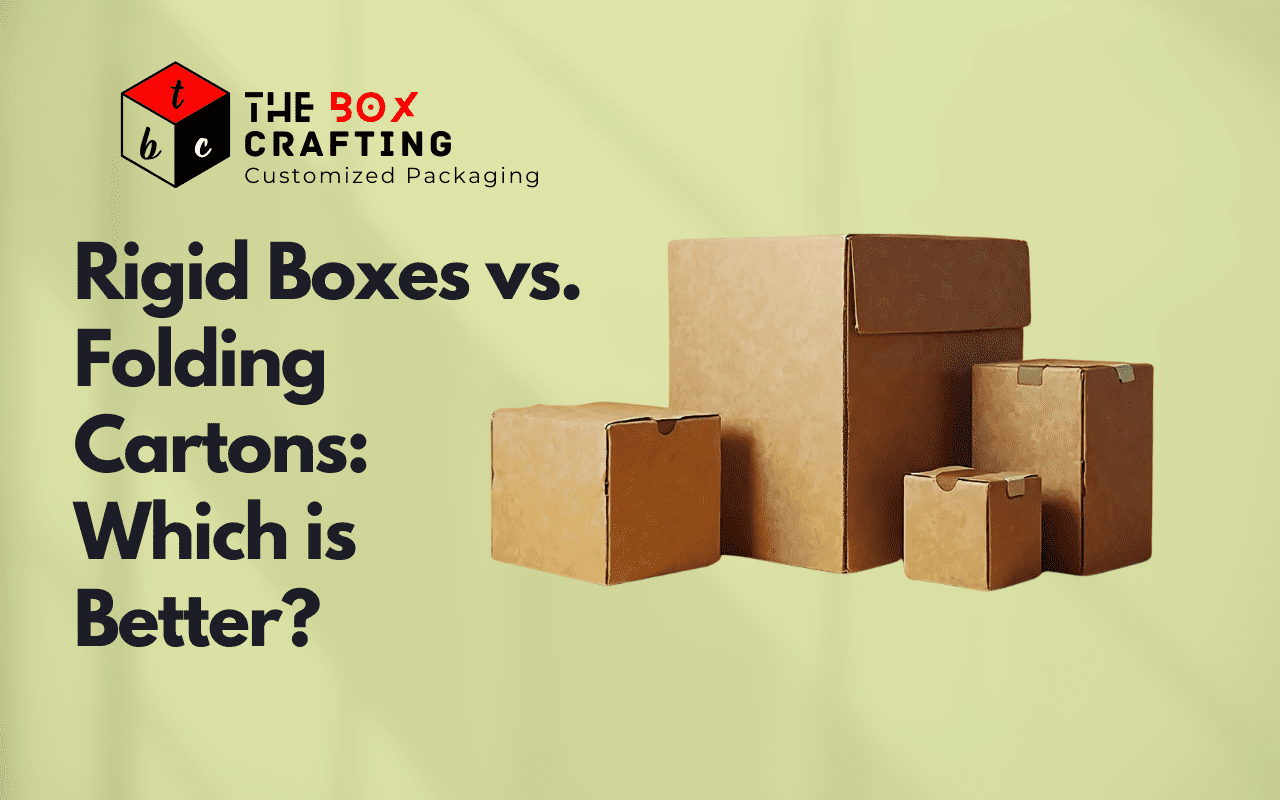
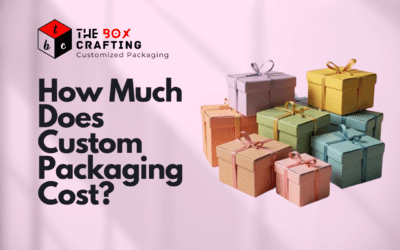
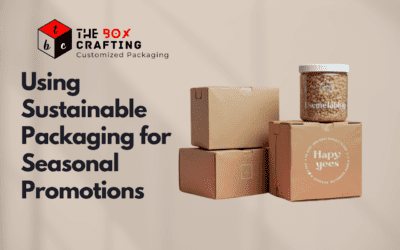
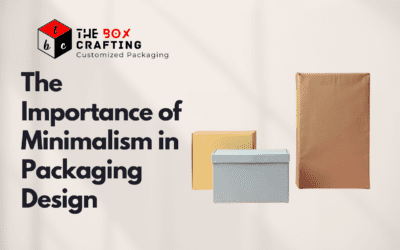
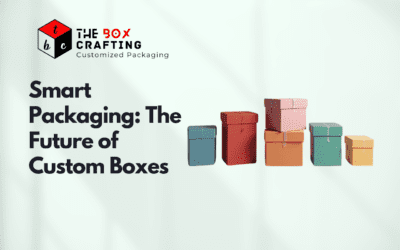
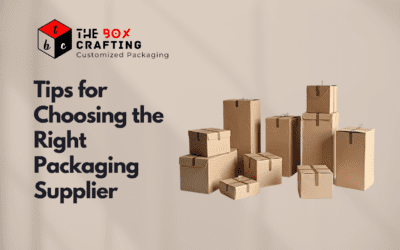
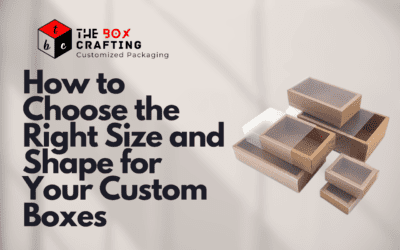
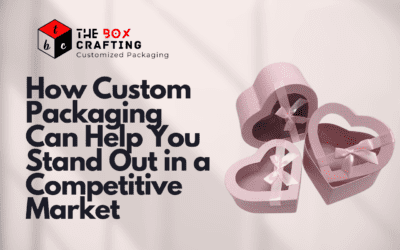
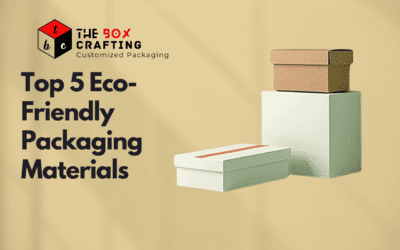
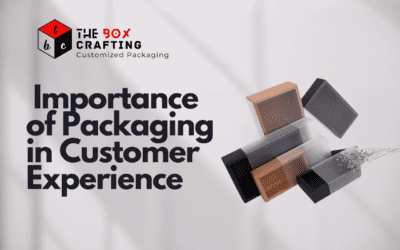
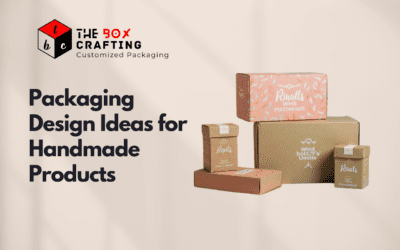
Leave a Reply